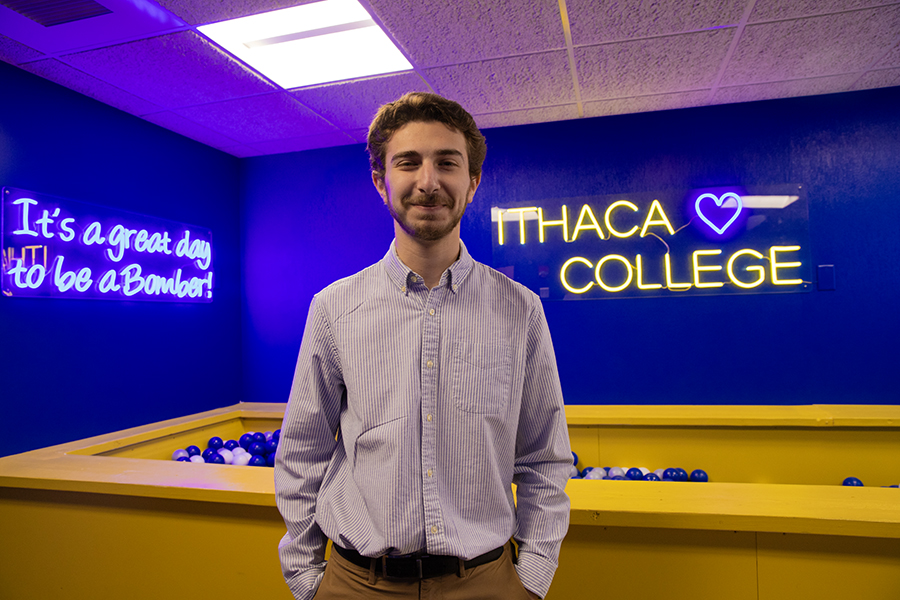Corporate America has officially lost its patience — with both the U.S. health care system and our government’s ability to provide meaningful policy leadership in the health care arena. While the details remain fuzzy, a new partnership between business heavyweights Amazon, Berkshire Hathaway and JPMorgan Chase & Co seek to tame the “hungry tapeworm” that is the U.S. health care system. They plan to focus initially on technology solutions to promote transparent health care at a reasonable cost for their own employees. Ultimately, the partnership is setting its sights on curbing health costs while concurrently enhancing patient satisfaction and outcomes for all Americans.
It is not the formation of this business coalition to take on the health care industry that is particularly notable, as such coalitions are nothing new. What makes this instance so intriguing is who is involved. Jeff Bezos, the CEO of Amazon, is well-known for being an industry disruptor, unafraid to take risks. He notes that his success stems primarily from his multiple failures. Warren Buffett, the financial mastermind behind Berkshire Hathaway, seems intent on leaving a lasting social legacy beyond just a financial empire. Jamie Dimon at the helm of JPMorgan Chase, the largest bank in the U.S. based on assets, brings an astute sense of finance. Oh yeah, there’s the collective deep financial pockets that are important too.
Combined, the companies employ around 1 million people across the U.S. as well as internationally. This geographic dispersion of employees makes it unlikely that changes internal to the companies will significantly transform the health care system. What holds the most promise will be their ability to use their employees as an incubator for new technologies and approaches to health care delivery, which can then be disseminated outward into the broader health care system to effect change.
Consumers should be ready for intrusion into medical information and decisions typically viewed as sacredly private. Amazon is a data-driven enterprise, adept at customizing your experience based on data that you willingly (and typically thoughtlessly) provide through search terms and purchases. It excels at providing directed choice at affordable prices, and using supply chain and logistics management to deliver to your doorstep in a timely manner. As a result of its purchase of Whole Foods in 2017, Amazon also provides access to a brick-and-mortar avenue for direct contact with consumers, which will likely be an important component of any health innovation strategy. Finally, it most recently signaled an interest in entering the pharmacy market, which would offer another direct opportunity to innovate in the health care sector. Berkshire Hathaway and JPMorgan Chase augment Amazon’s strengths with expertise in finance. The application of “return-on-investment” to health care decisions will likely refocus consumers on value-driven preventive services and evidence-based procedures. Similarly, health care providers will face higher expectations to deliver outcomes within a value-based approach.
I am curious to see just how far into health and social policy these corporate behemoths are willing to wade, especially in times of political inertia. The U.S. consistently scores poorly in international comparisons on a variety of health outcome indicators. It is also experiencing declines in life expectancy, even relative to other countries. The health care system is somewhat responsible, but it’s really a sign that the intersection of socioeconomic factors and systemic inequities are impacting our health. This will require a broader policy approach to address sufficiently, more than disrupting the health care system as it functions today.
Innovation has played an important role in the history of our country, and this partnership has all of the makings to contribute to this tradition. For any soon-to-be-graduates considering your next move (with a health-related major or not!) — this presents an exciting employment opportunity. Your creativity could potentially transform our health care landscape and reimagine the role of corporate America in domestic social policy.











